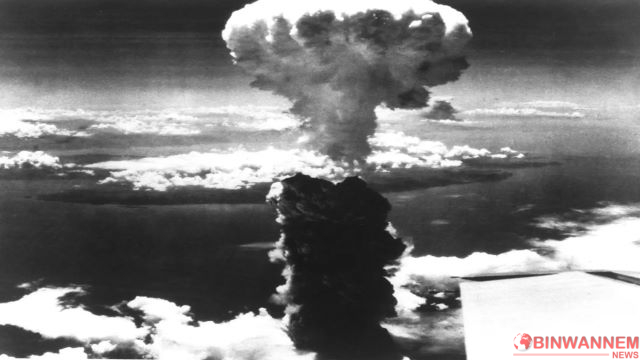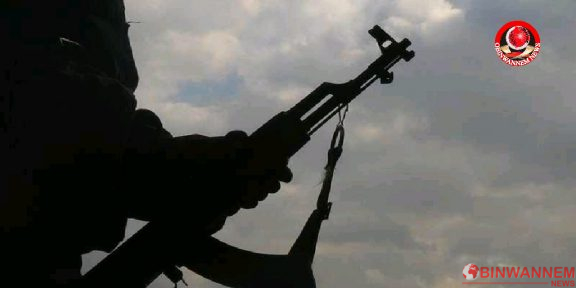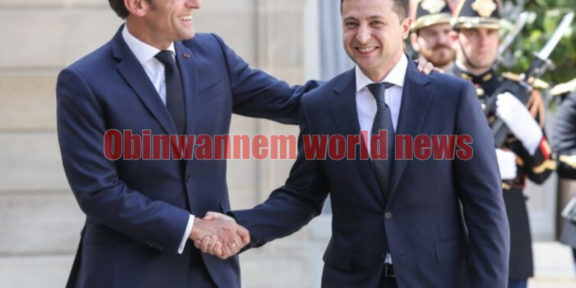HISTORY/WAR: The Bombing of Hiroshima by the United States during World War II
The bombing of Hiroshima, one of the most catastrophic events in history, took place on August 6, 1945. The atomic bomb, nicknamed Little Boy, was dropped on the city by the United States during World War II. It was the first time a nuclear weapon had been used in warfare, resulting in widespread destruction and casualties.
The decision to drop the atomic bomb on Hiroshima has been a topic of debate among historians, politicians, and scholars. Some argue that it was necessary to end the war quickly and save lives, while others question the morality and ethics of using such a devastating weapon.
The bombing of Hiroshima was authorized by President Harry S. Truman, who had taken office after the death of President Franklin D. Roosevelt. Truman was informed of the Manhattan Project, a top-secret government program to develop a nuclear weapon, shortly after becoming president. He was faced with the decision of whether to use the bomb or continue the war with Japan.
Truman ultimately decided to drop the bomb, citing the need to save American lives and bring an end to the war. He believed that the atomic bomb would convince Japan to surrender, as they had already suffered significant losses and were facing invasion by Allied forces.
On August 6, 1945, the Enola Gay, a B-29 bomber, flew over Hiroshima and dropped the atomic bomb. The explosion created a massive fireball and shockwave that destroyed buildings and infrastructure, killing tens of thousands of people instantly. Many more would die in the following days and weeks from injuries and radiation exposure.
The devastation caused by the bombing of Hiroshima was unprecedented, and it marked a turning point in human history. The use of nuclear weapons would have far-reaching consequences, ushering in the atomic age and raising concerns about the potential for global destruction.
In the years following the bombing, there has been much debate over the decision to drop the bomb. Some argue that it was unnecessary and that Japan was already considering surrender. Others argue that it was the only way to end the war quickly and save lives.
Regardless of one’s perspective, the bombing of Hiroshima was a tragic event that should never be forgotten. It serves as a reminder of the devastating power of nuclear weapons and the need for diplomacy and peaceful conflict resolution.
In conclusion, the bombing of Hiroshima was a defining moment in history, marking the first use of a nuclear weapon in warfare. The decision to drop the bomb remains a topic of debate among historians, politicians, and scholars. Regardless of one’s opinion, the tragedy of Hiroshima serves as a reminder of the need for peaceful conflict resolution and the importance of avoiding the use of weapons of mass destruction.
Written by Jideofo Okibe,(Obinwannem News correspondent Enugwu State)
Date: April 17, 2024
Ubochi Ori Mmiri
Published by Ngozi Odoh (Obinwannem Nsukka Office Secretary)
















